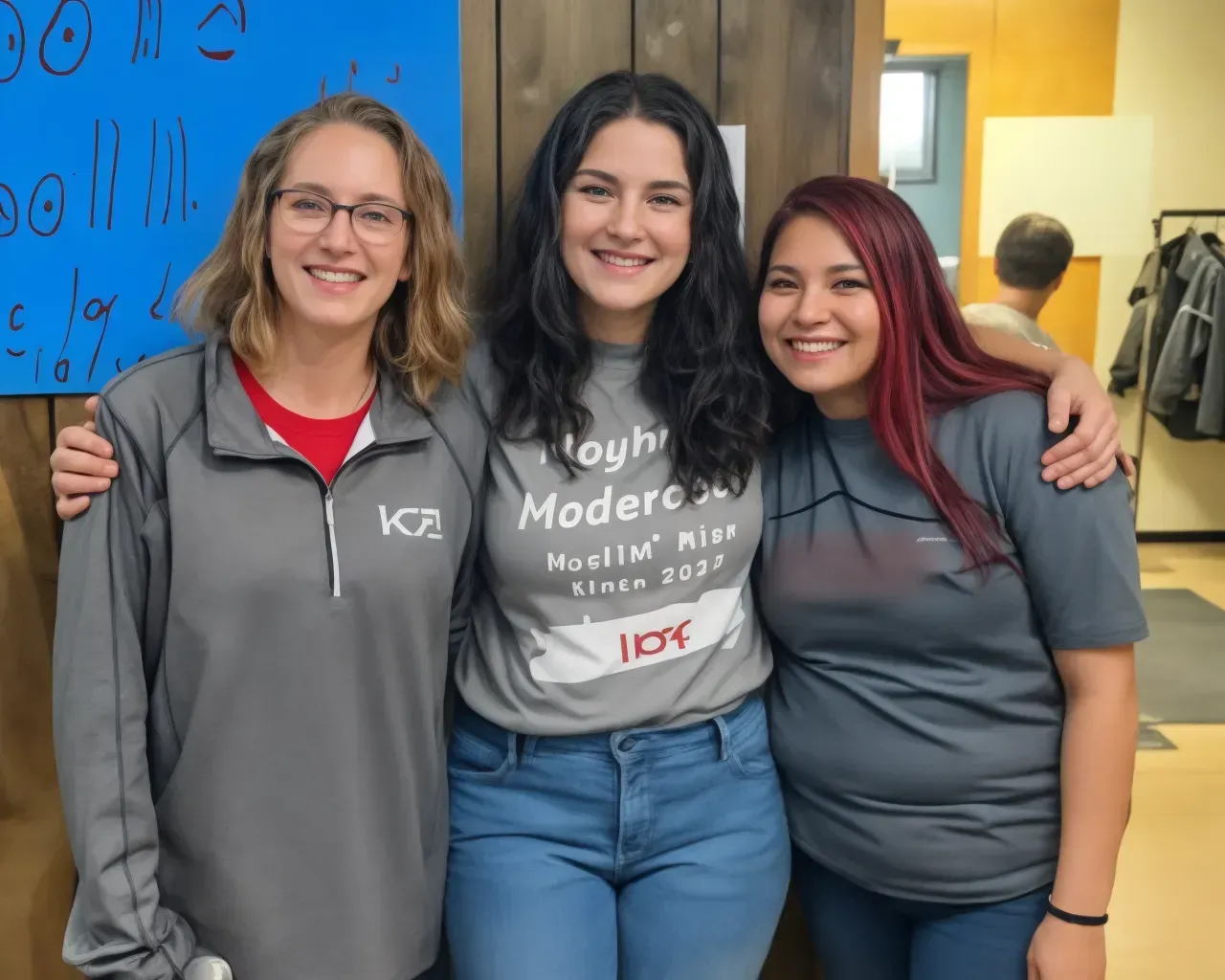Explore Our Blog
How to Build a Sober Support Network That Lasts
Advance Minds Blog
A safe space to explore subjects within the community such as mental health, substance abuse and personal identity.
Our safe space also provides the opportunity for real individuals to express their hardships and success through writing.
Recovery is not something you should walk through alone.

Having a strong, sober support network increases your chances of long-term success, reduces feelings of isolation, and provides encouragement during difficult moments.
Here’s how to build a support system that truly lasts and supports your sober lifestyle.
1. Identify Who’s Safe and Supportive 🛡️
- Surround yourself with people who respect your sobriety and want the best for you.
- These can include friends, family members, mentors, or recovery peers.
- Distance yourself from those who enable or pressure you to use substances.
2. Join a Recovery Group 📘
- Groups like Alcoholics Anonymous (AA), Narcotics Anonymous (NA), or SMART Recovery offer regular meetings and peer support.
- Being around others who understand addiction helps reduce shame and stigma.
- These groups also offer accountability and long-term encouragement.
3. Find a Sponsor or Mentor 🧭
- A sponsor or recovery mentor provides guidance, perspective, and someone to call when you’re struggling.
- They’ve usually walked the path of recovery themselves and can offer real-life tools.
- A good sponsor can help you avoid common mistakes and stay on track.
4. Attend Therapy or Counseling 🧠
- Licensed therapists can help you navigate emotional issues, trauma, and mental health conditions.
- Therapy gives you a safe space to talk without judgment.
- Group therapy also helps connect you with others in similar situations.
5. Build New Sober Friendships 🌟
- Make an effort to meet people who enjoy substance-free activities.
- Attend sober events, classes, or community volunteer opportunities.
- These friendships help replace old habits with healthier routines.
6. Stay Active in Your Community 🌍
- Volunteering, joining a fitness group, or engaging in faith-based groups can create a sense of belonging.
- These activities build purpose and help you connect without drugs or alcohol.
- Being part of something bigger supports emotional stability.
7. Set Boundaries with Toxic People 🚫
- Learn to say no to people or situations that threaten your sobriety.
- Boundaries protect your progress and mental health.
- You can love people from a distance if they are not healthy for your recovery.
8. Keep Communication Open 💬
- Talk regularly with your support system — even when things are going well.
- Share your struggles, successes, and thoughts openly.
- Staying connected keeps you grounded and reminds you that you’re not alone.
Final Thoughts
A sober support network is one of the most valuable tools in your recovery toolkit. It’s not just about staying sober — it’s about building a fulfilling life surrounded by people who lift you up.
Whether it’s friends, family, professionals, or recovery peers, the right support makes all the difference.

















